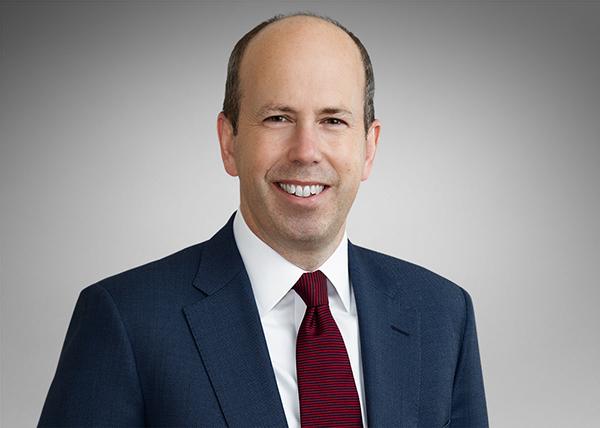Covington was included in an article appearing in The American Lawyer about the "quiet turf war" being waged between law firms based in California and those in Washington D.C.
The article cites Covington's three California offices and it's sizable presence in the California market. As stated in the piece, Covington's Washington and California offices work synergistically, with Covington’s biggest tech matters run out of D.C., "a product of the type of work tech clients increasingly need, and a reason why Covington—strong on regs—should also be considered a tech firm. So much so, that ALM’s California publication, The Recorder, has named the firm a finalist in the Tech Industry Litigation Department of the Year category of this year’s California Legal Awards."
Partner James Garland “respectfully” rejected the premise that Covington is a D.C. firm which has become a tech firm. As Jim stated, “We think of our firm in terms of geographies, but that’s not the first way we think of our firm. First, we think of it in terms of our practices, and how we can offer them to our clients as one firm. The special sauce of our place, more than anything, is our ability to work seamlessly across offices to bring our differentiated practice expertise to clients.”
It’s how Covington has become such a big name in Silicon Valley, according to Jim.
Jim continued, stating, “What makes us different is our deep regulatory expertise. More and more, tech firms on the West Coast desperately need that,” he explained. “And we’re able to deliver that in a seamless way—from California, from Washington and in New York, Europe and Asia—in a way that is totally integrated.”
D.C. firms strong in the practice areas D.C. firms traditionally excel in are becoming increasingly important to tech clients for one very important reason, Jim added. “The maturation curve for the tech sector on regulatory issues is a lot steeper than it has been for other industries,” Jim said. “When I started out in law, the tech sector in California was seen as a foreign land that didn’t care at all about Washington. And that is not the case anymore. Washington is extremely relevant to tech now—as are all the regulatory capitals in the world: Brussels, London, Beijing.”
Jim said such a business environment has played to Covington’s strengths. “A lot of big global firms are organized with the big leverage practices in the middle—corporate, litigation, M&A. The regulatory expertise is kind of like ornaments on the tree around the outside. That is the opposite of how we think of ourselves. Our regulatory expertise is at the core of what we do. They’re not like support practices,” he said.
Jim’s London-based colleague, Louise Nash, agrees. As a corporate partner, she has seen regulation become evermore important to tech deals—not just in Washington, but globally.
As the products and services tech companies provide became more central to the fabric of society—think social media, internet connectivity and mobile payment systems—governments “quite rightly” began looking at the implications of deals within the sector, Louise stated.
“A complete fundamental change in the way we interact with technology obviously creates challenges or concerns for governments,” Louise said. “Against that backdrop, it doesn’t surprise me at all that what tech firms are looking for in legal services has changed completely in the last 20 years. Not only are tech companies needing traditional legal services, they’re needing firms who can understand and engage with regulators, and firms that understand policy and how to shape it.”
While, decades ago, the regulatory reviews firms were asked to do for a potential deal were almost an afterthought, now they are not only central to the service, but they are also far more comprehensive. Multijurisdictional assessments are incredibly forensic,” Louise said.
Yet both Jim and Louise agree that strong regulatory chops is only part of Covington’s appeal to tech clients. Culture also plays its part.
“Working with clients on the West Coast in the tech sector is not the same as working with the old line, East Coast blue chip companies,” Jim said. “Having local knowledge about the culture, practice and business drivers is vitally important. There’s a reason we have our offices there.”
Click here to read the full article.
Back
Back





